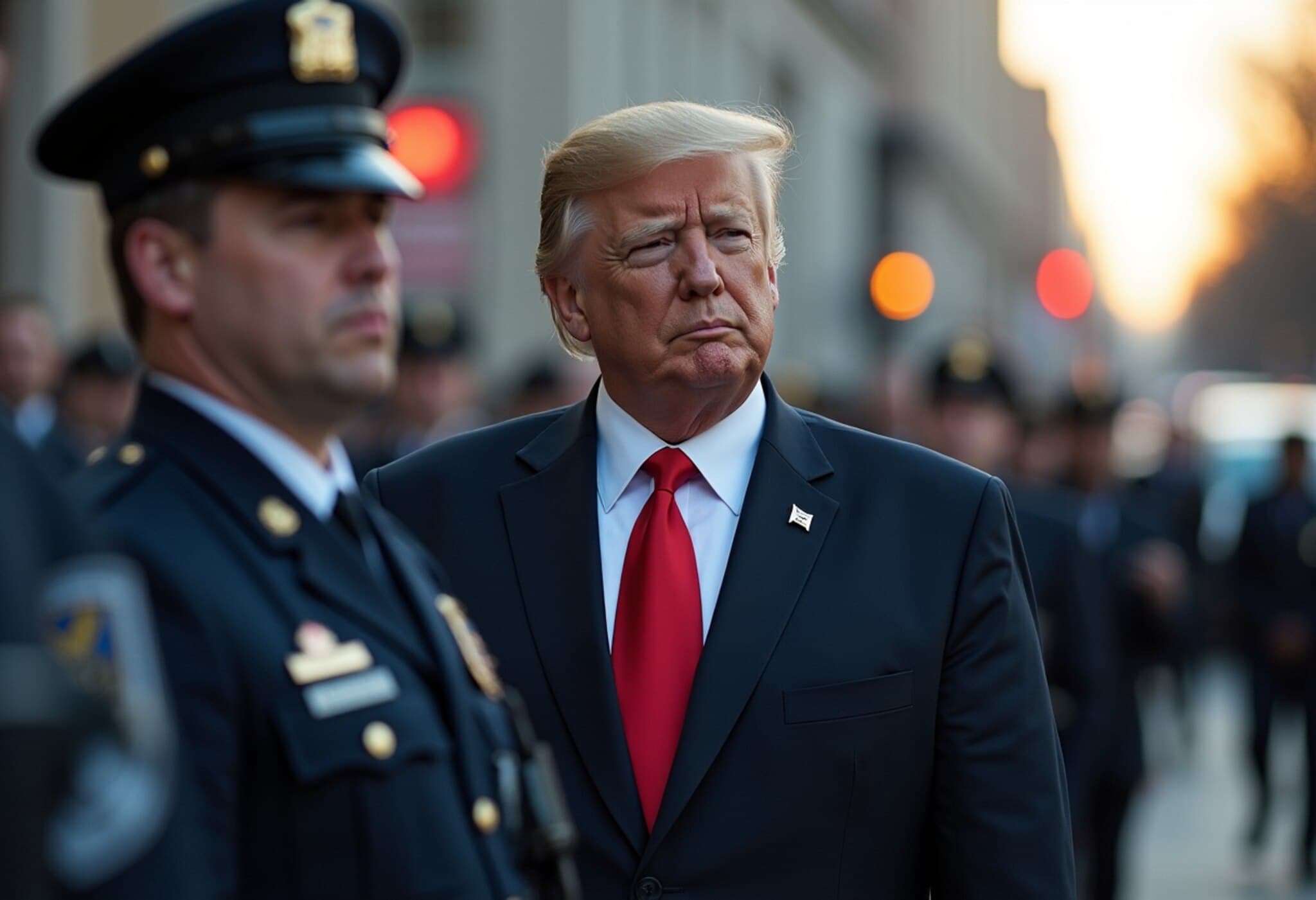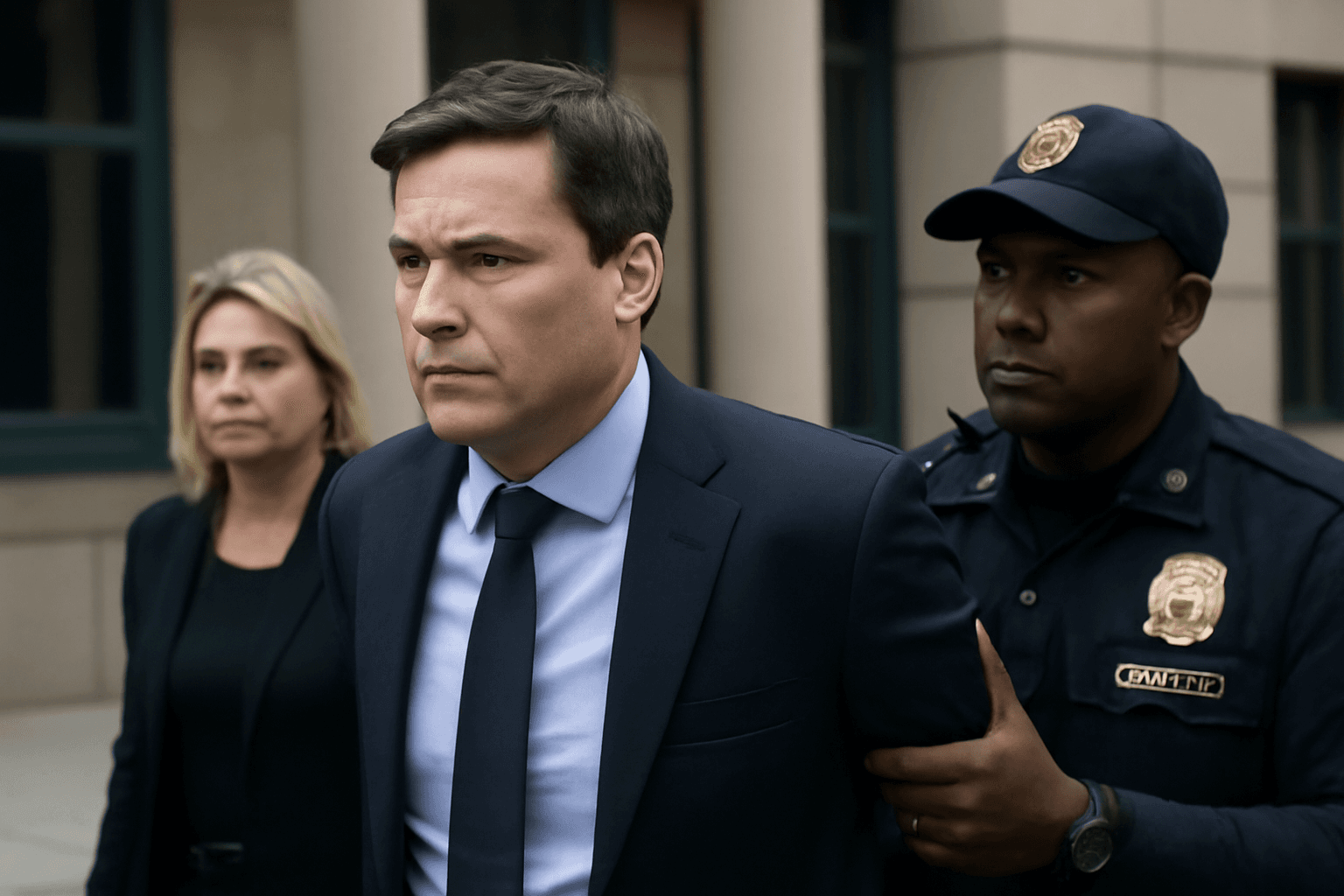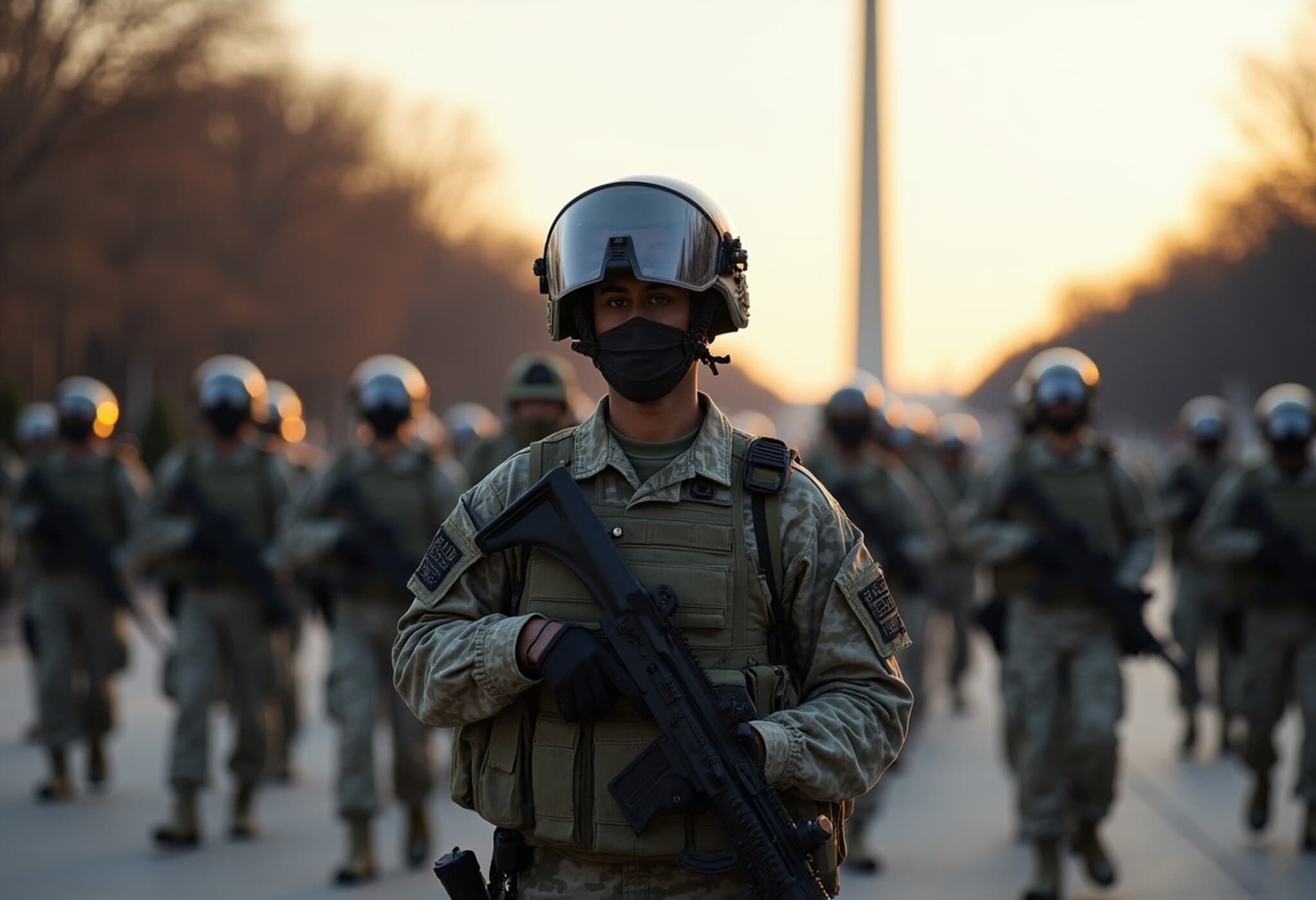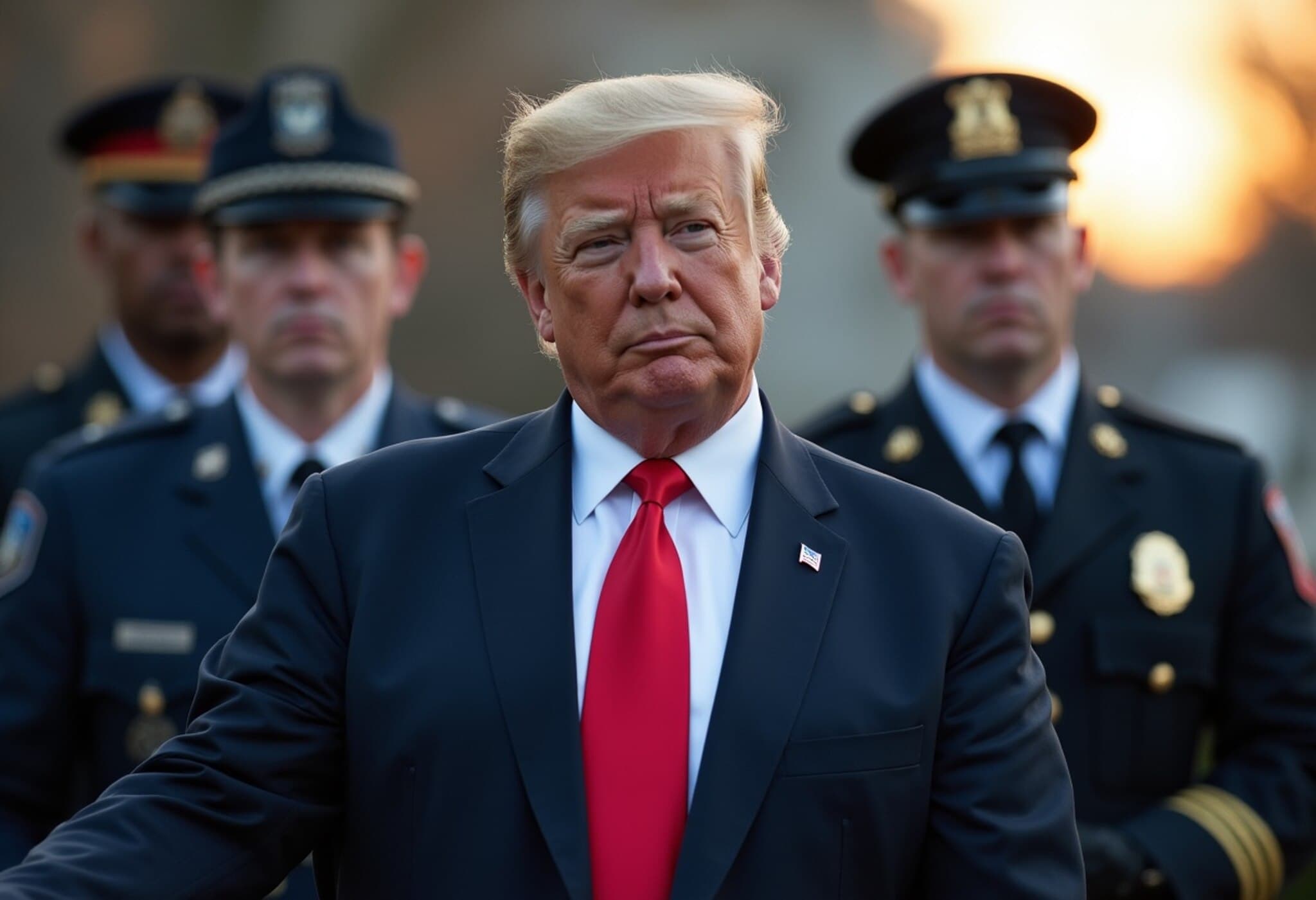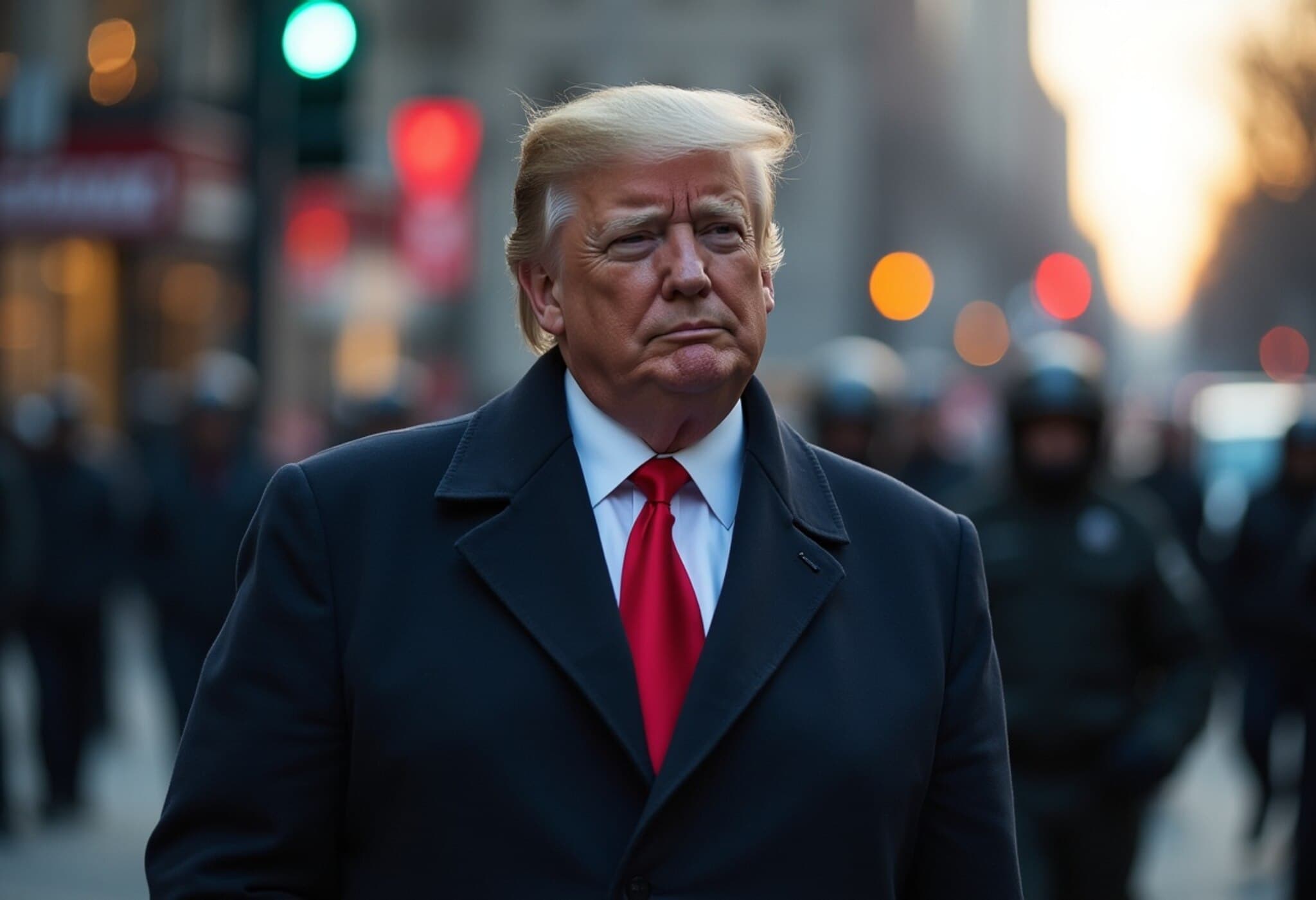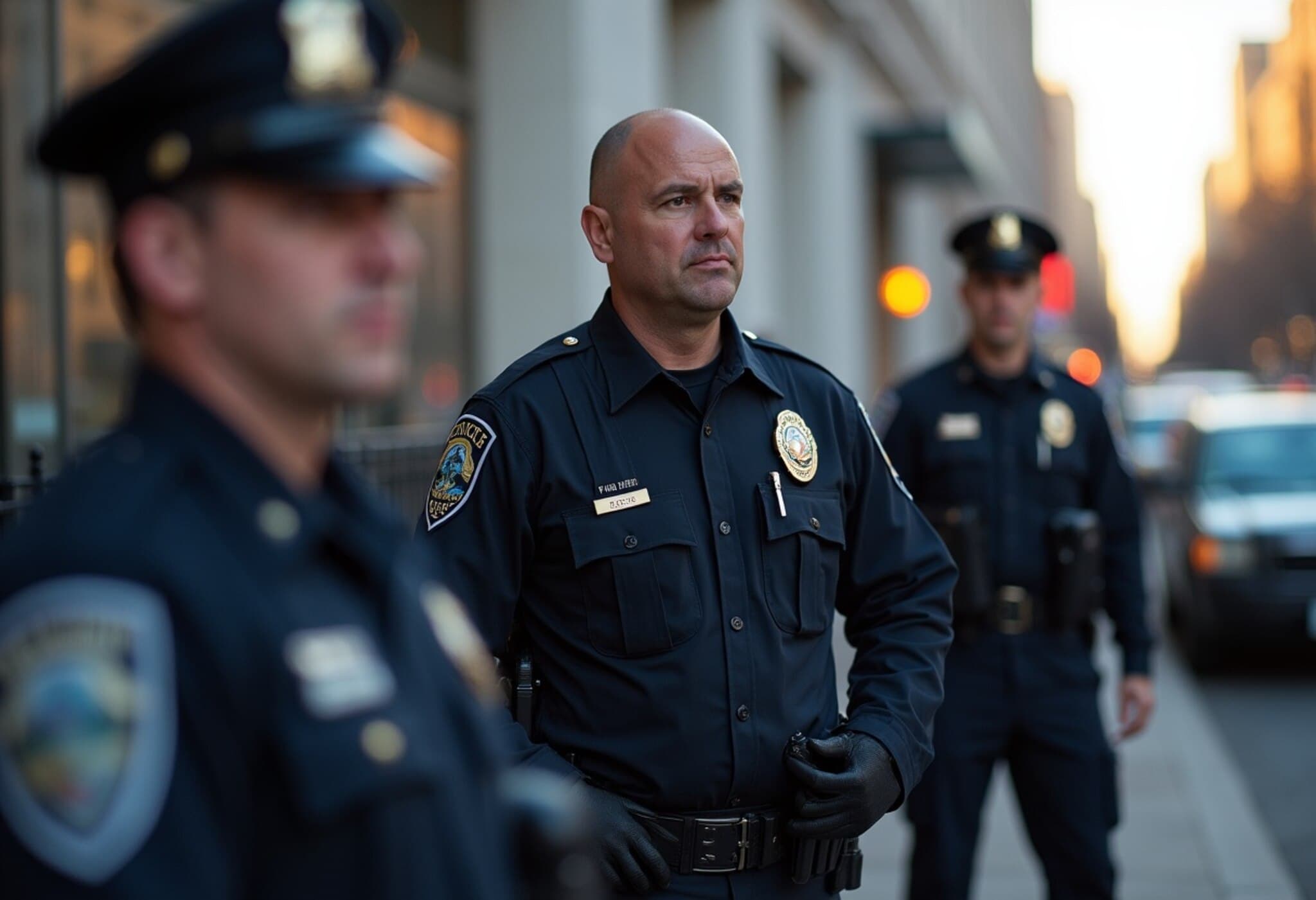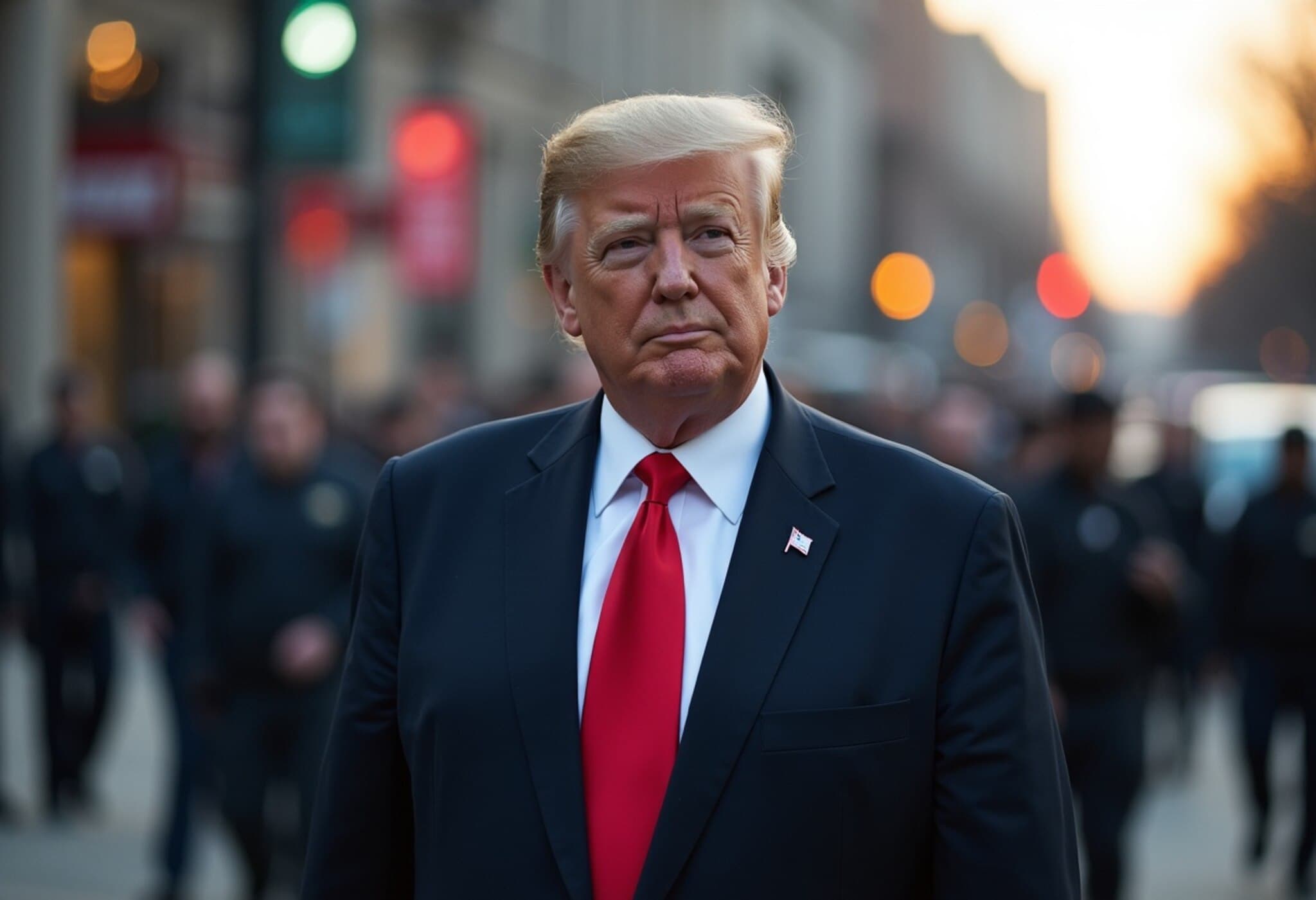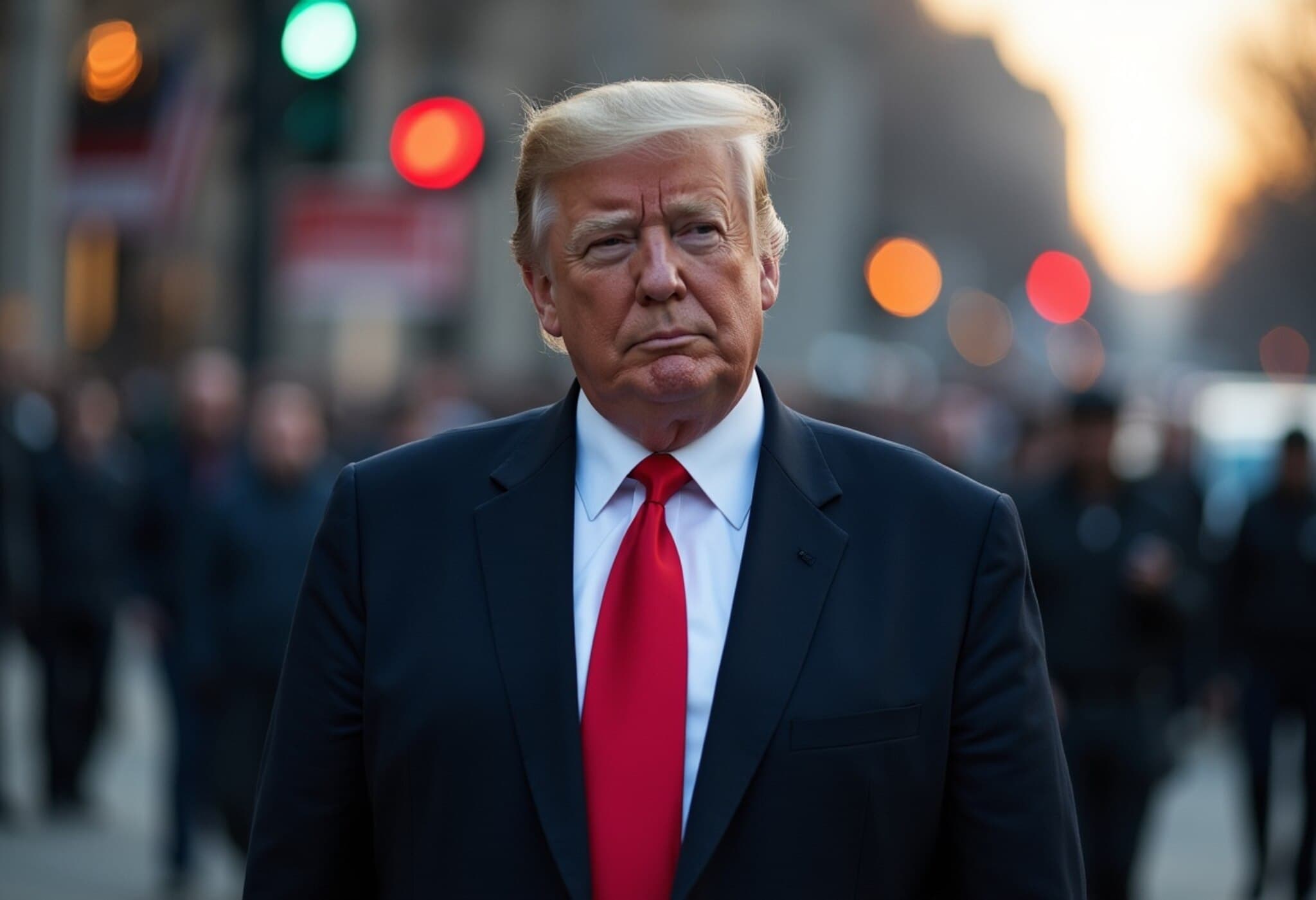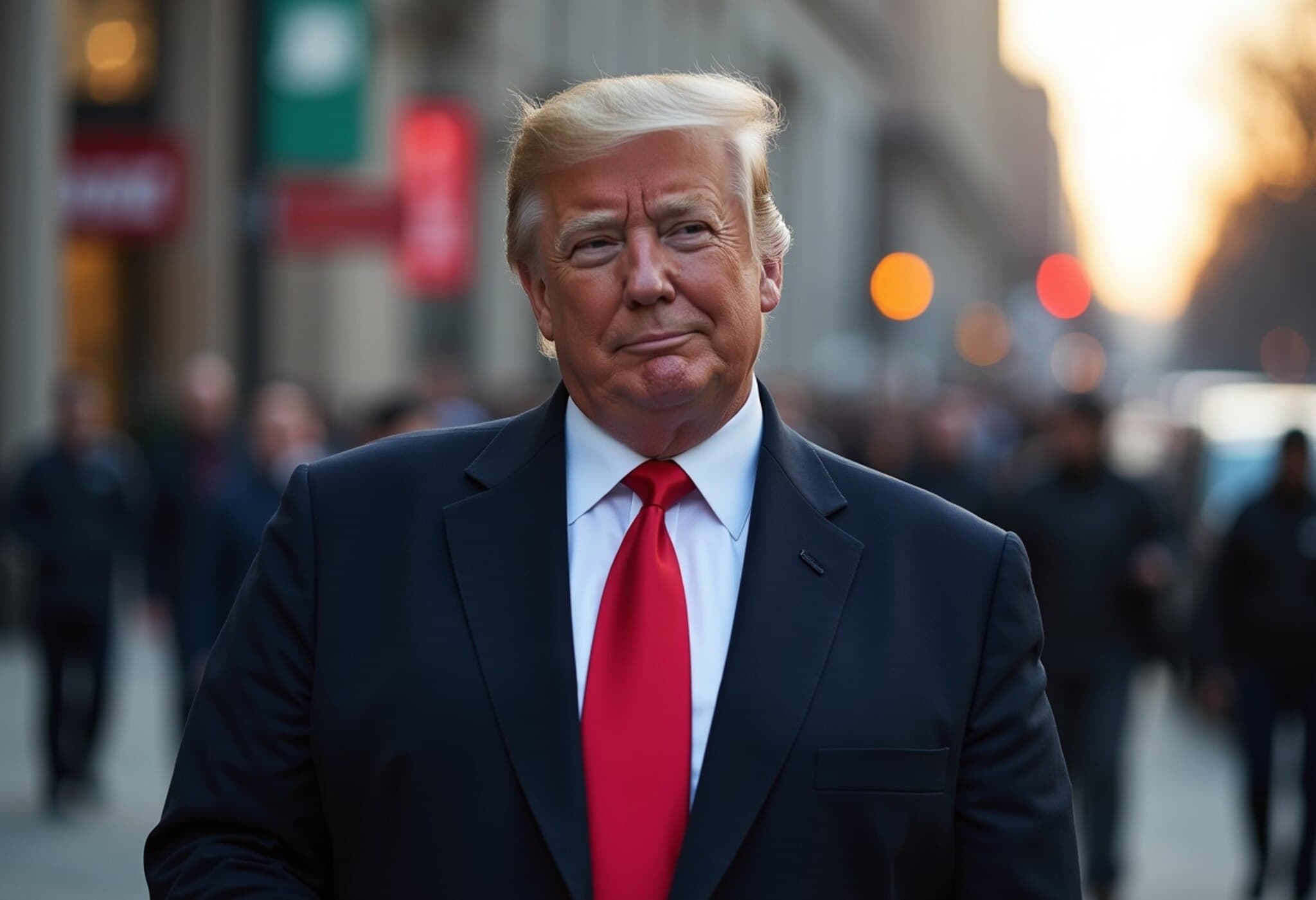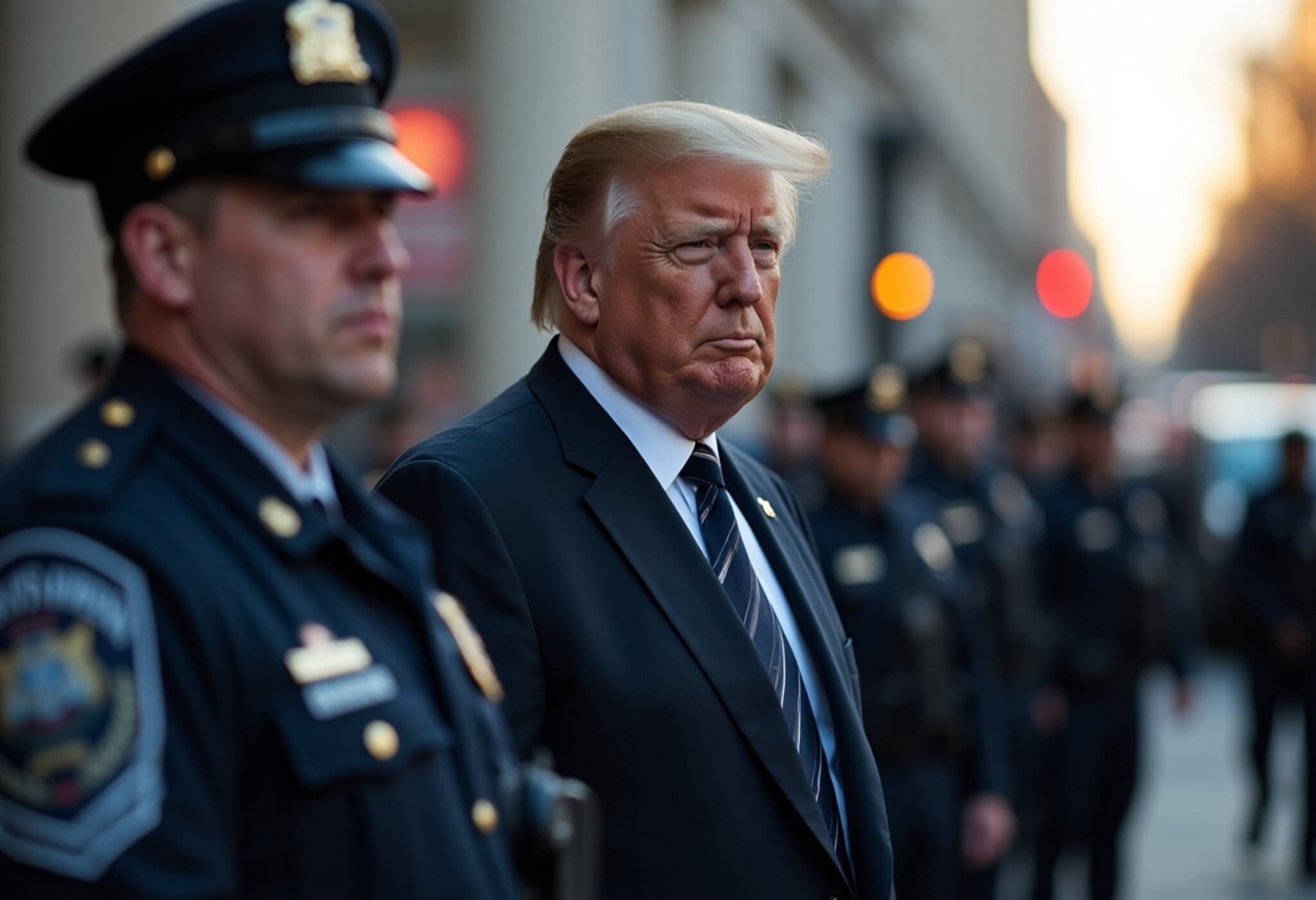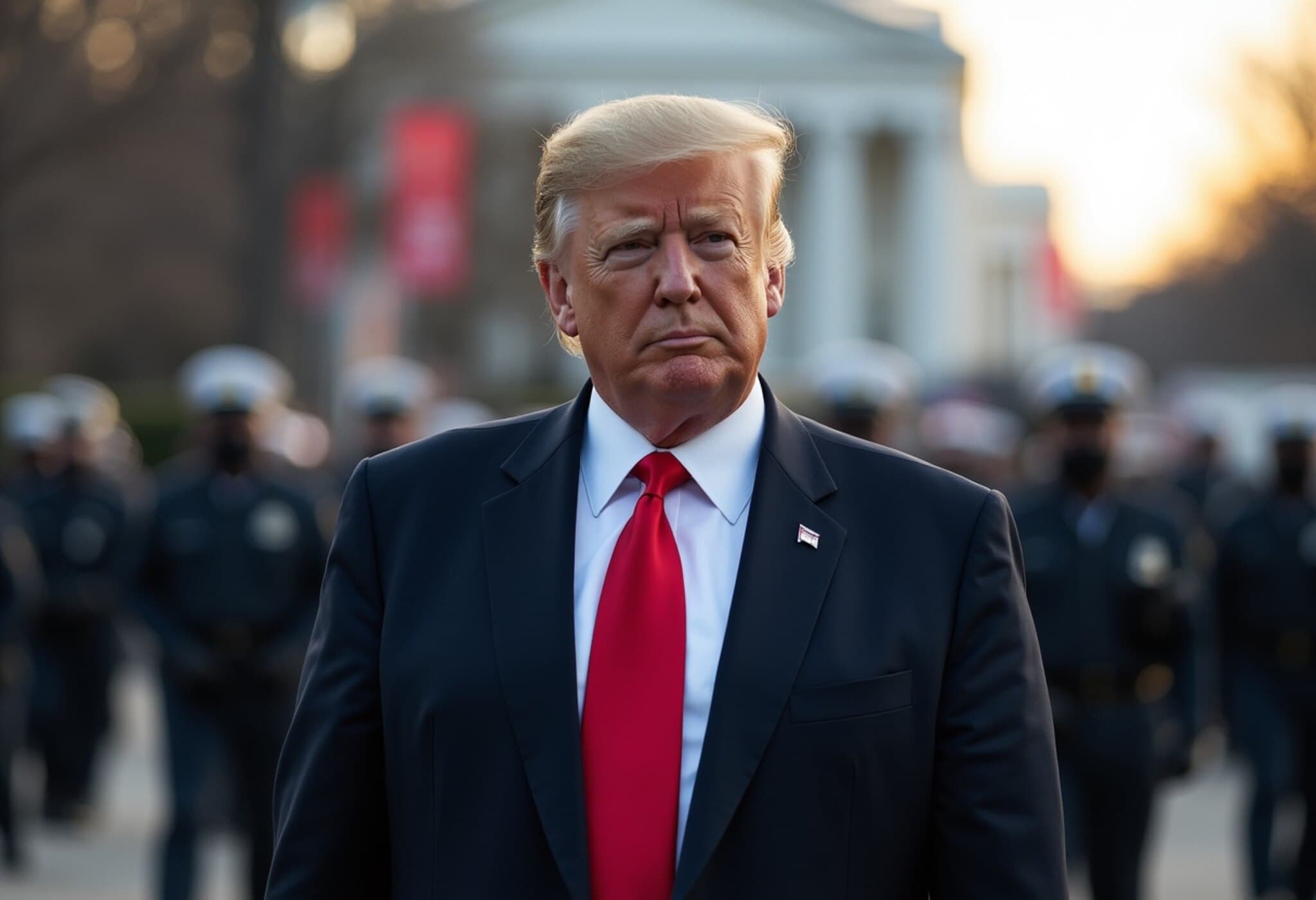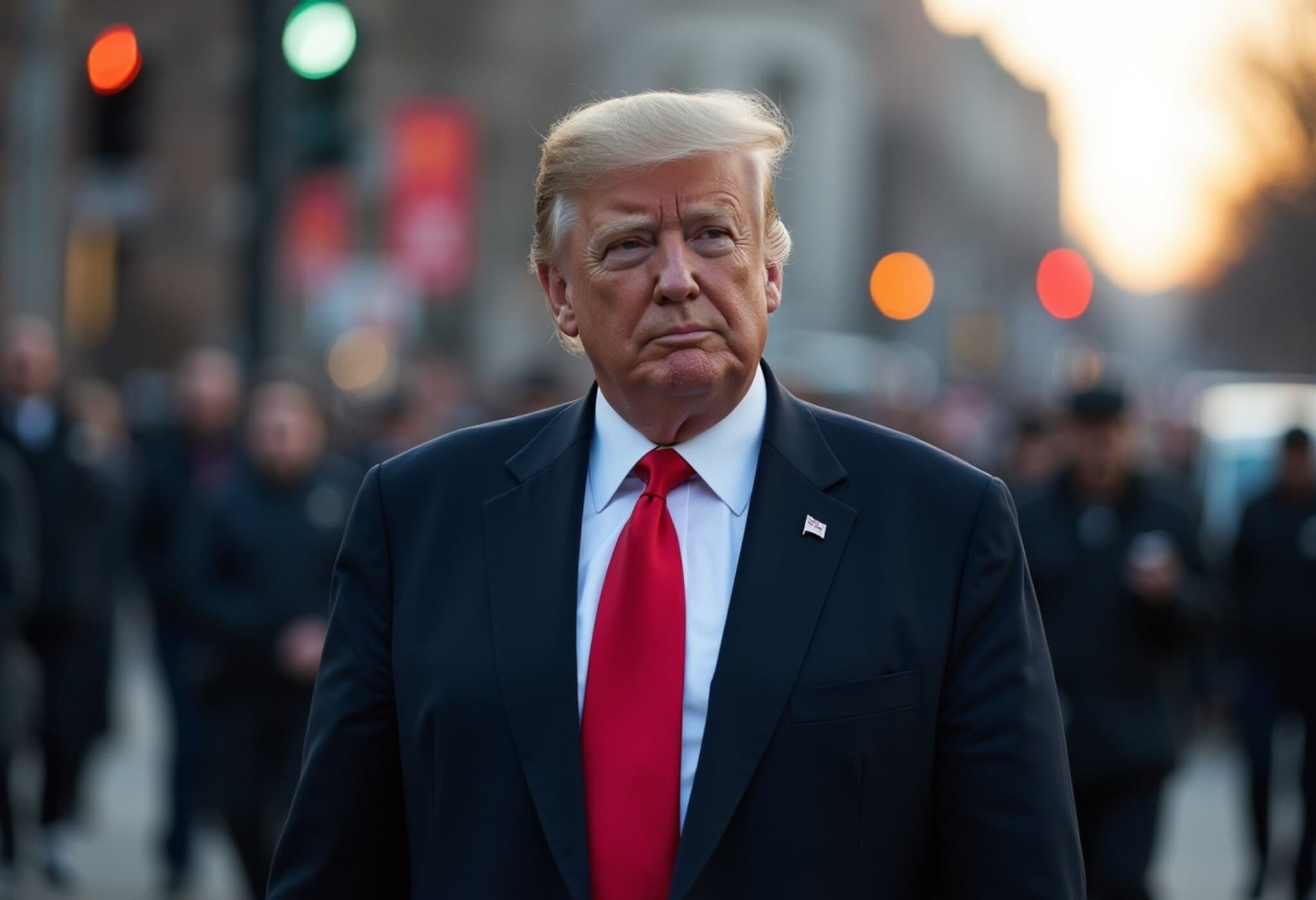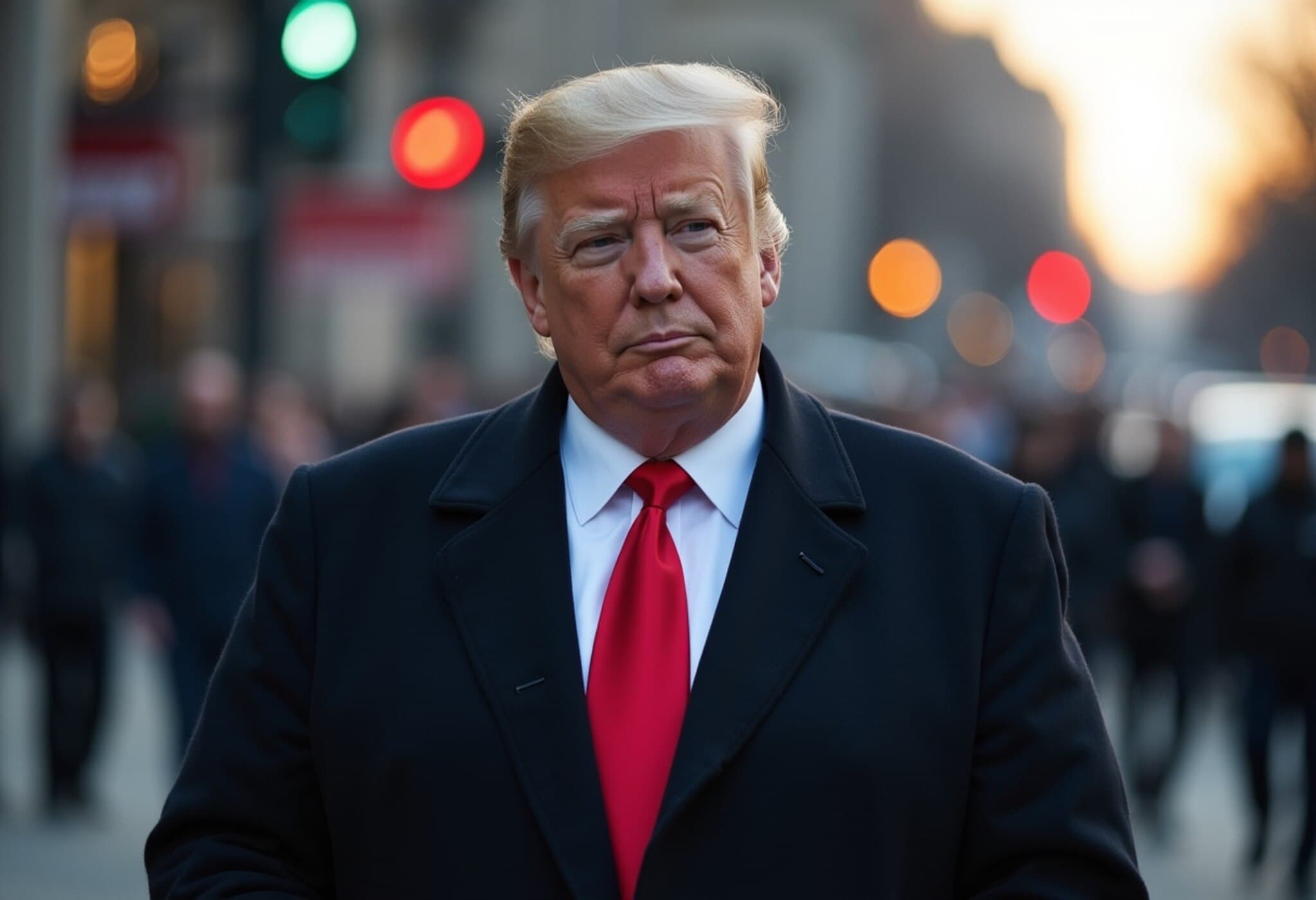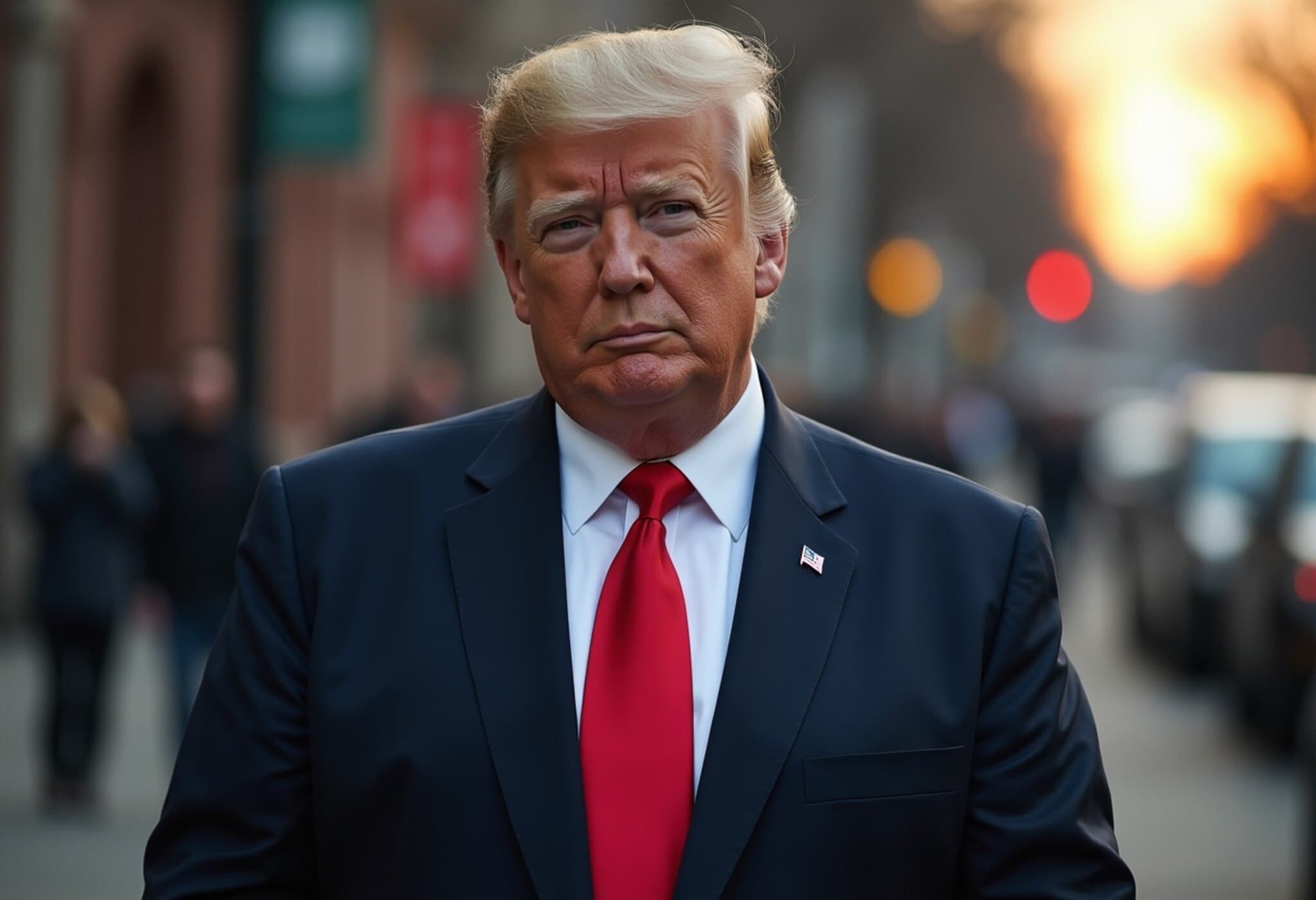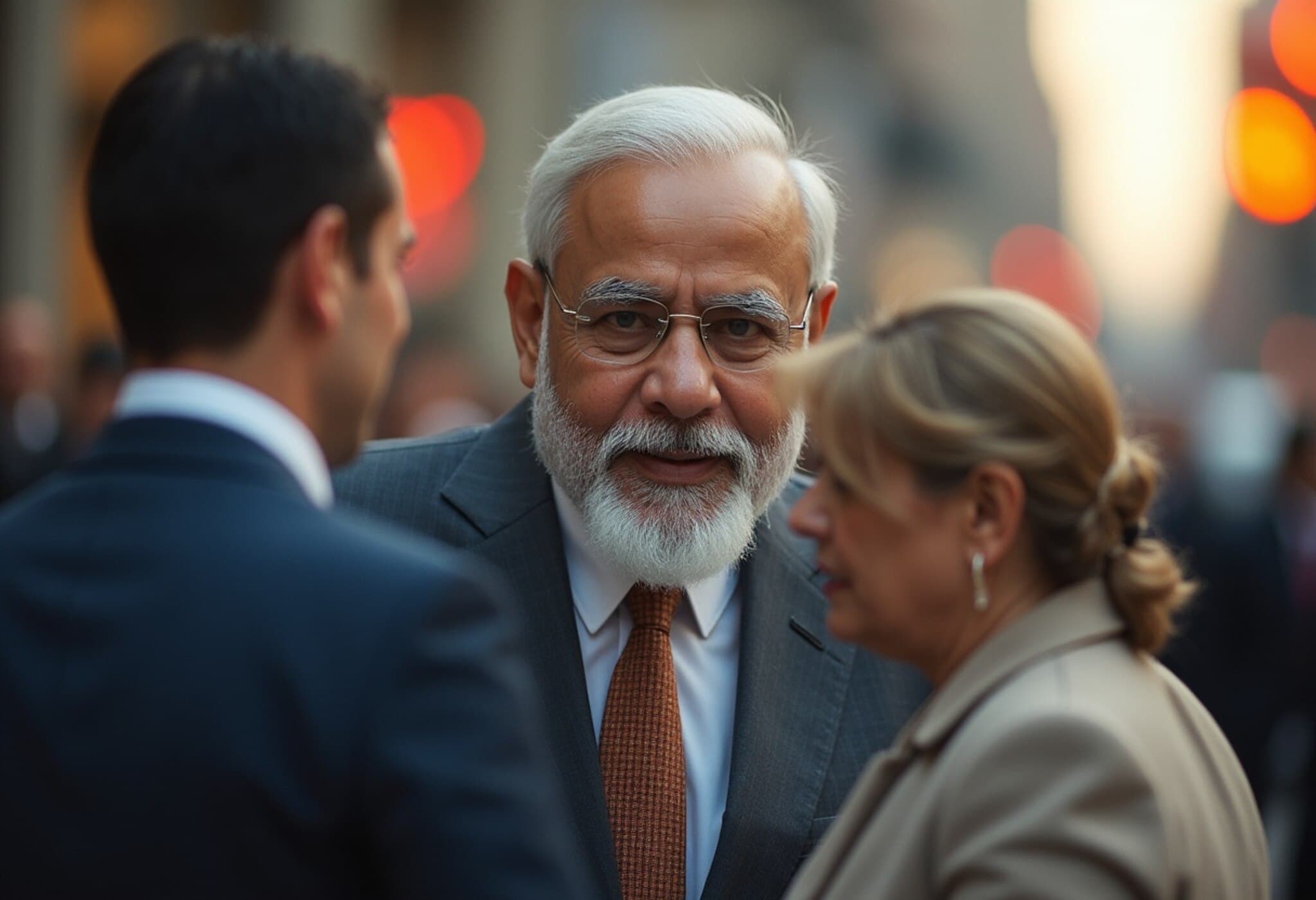Trump Credits National Guard With ‘Saving’ Los Angeles Before DC Deployment
In a recent Oval Office statement, former President Donald Trump emphasized his controversial use of the National Guard, asserting that his decision to deploy thousands of troops to Los Angeles earlier this year prevented the city from descending into chaos — and potentially saved the 2028 Olympic Games from cancellation.
Background: National Guard Deployed in Los Angeles
Back in June 2025, under escalating protests against Immigration and Customs Enforcement (ICE) operations and a nationwide surge in violent crime, Trump authorized the deployment of roughly 4,000 California National Guard troops along with 700 Marines to Los Angeles. His rationale: the troops were essential to protect federal property, law enforcement officials, and to stabilize public order amid growing unrest.
“If I didn’t send in the troops, I don’t think you would have had Los Angeles in condition to have the Olympics,” Trump stated emphatically. This bold assertion touches on a sensitive nexus of public safety, federal intervention, and the economic stakes tied to a major global event like the Olympics.
National Guard Mobilized in Washington, D.C.
Fast-forward to August 2025, and Trump has again authorized the activation of 800 National Guard members in Washington, D.C. to help contain what he describes as a crime surge threatening the nation’s capital. Troops have been seen stationed at the D.C. Armory, while security measures across the city have been stepped up significantly.
However, Pentagon spokesperson Kingsley Wilson clarified that these troops will not possess arrest powers. Mirroring the Los Angeles deployment, they are authorized only to temporarily detain individuals who violate restricted areas, with arrests delegated to civilian law enforcement agencies.
Law Enforcement Collaboration and Federal Policy Shifts
Following the National Guard’s presence, the Metropolitan Police Department (MPD) in D.C. signed an Executive Order to enhance collaboration with federal immigration agents, notably ICE. This marks a significant shift in the historically sanctuary-oriented policies of the city.
- MPD officers can now share information about individuals encountered during routine stops with ICE.
- They may also provide transportation assistance for federal immigration employees and detained subjects.
This policy pivot has been lauded by Trump as “a great step” toward public safety, highlighting the broader federalism tensions concerning immigration enforcement and local control.
Enforcement Results and Crime Figures
FBI Director Kash Patel reported that in the immediate aftermath of the takeover, 45 arrests were made in D.C., including 29 on immigration-based issues and 16 related to violent crimes, alongside the confiscation of three firearms. These figures demonstrate the government’s prioritization of addressing both immigration violations and broader criminal activity.
Expert Commentary: Balancing Security and Civil Liberties
Security experts note that the use of National Guard troops in domestic cities is a double-edged sword. On one hand, their presence can deter violence and reassure citizens. On the other, it raises profound questions about militarization, civil rights, and the slippery slope toward federal overreach.
The Los Angeles deployment in June was widely debated, with critics warning that military-style responses to civil protests risk escalating tensions rather than calming them. The decision to replicate a similar strategy in Washington, D.C., a politically symbolic city, underscores the administration’s hardline stance on law and order amid rising crime concerns.
Regional and Economic Implications
From an economic perspective, securing the safety of venues like Los Angeles ahead of the Olympics is vital given the massive financial and reputational stakes tied to global events. Cities invest billions and counting on successful execution without disruption. Deploying National Guard forces reflects the federal government’s willingness to prioritize stability, though it also invites scrutiny over civil rights and community trust.
Looking Ahead: Critical Questions Remain
- How will the National Guard presence impact community-police relations in D.C. and Los Angeles over the long term?
- Will increased cooperation between local police and ICE alter the sanctuary city landscape nationally?
- What safeguards are being implemented to balance security with protecting constitutional rights?
- How should elected officials manage the optics and reality of deploying military forces in civilian urban contexts?
Editor’s Note
President Trump's recent justifications for deploying the National Guard in Los Angeles and Washington, D.C. shine a spotlight on the complex interplay between public safety, federal authority, and civil liberties. As cities grapple with rising crime and social unrest, the question remains: Can militarized responses effectively restore order without undermining democratic norms? This evolving story merits close attention—not only for its immediate law enforcement impacts but for its broader implications on American governance and community trust.

